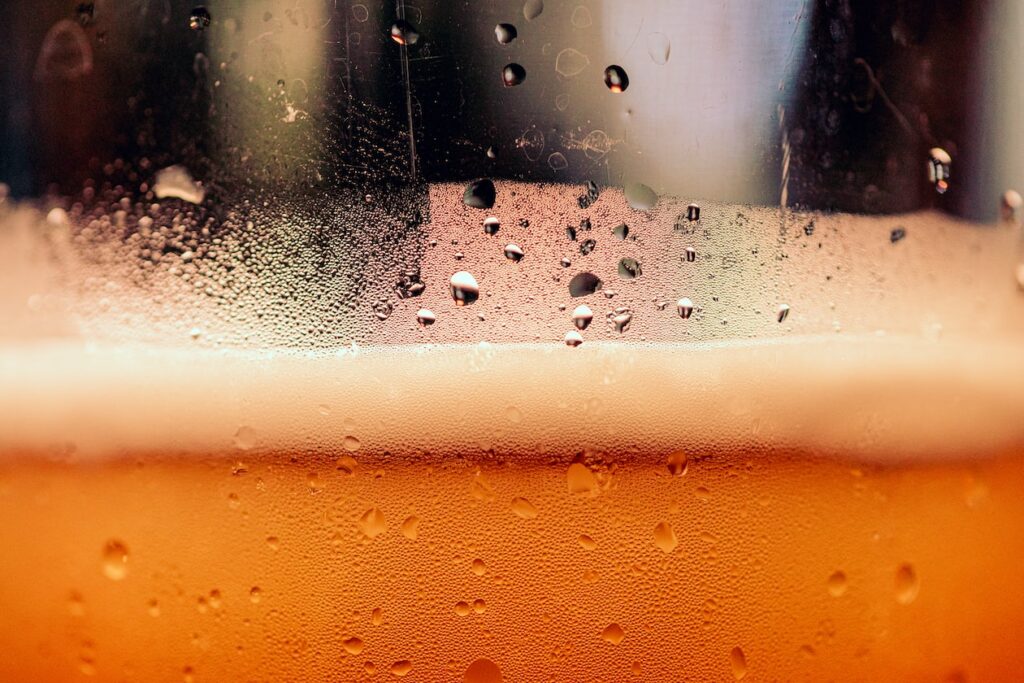Exploring the Different Types of Beer Brewed in Germany
Germany is renowned for its beer, with over 1200 breweries throughout the country producing a range of different types for all tastes. Germany is also known for its adherence to the Reinheitsgebot, or German Beer Purity Law, which states beer can only be brewed from four ingredients: hops, malt, yeast and water.
The most common type of German beer is the pale lager, or Pilsner, which is brewed in many regions of the country. It is characterized by its golden color and mild flavor, and is usually served cold. Another popular variety of German beer is the Hefeweizen, which is a wheat beer with a light, fruity flavor and a cloudy appearance due to the unfiltered yeast used in the brewing process.
Other types of beer brewed in Germany include the Altbier, a dark brown ale with a strong, hoppy flavor, and the Kölsch, a light, crisp beer from the city of Cologne. Berliner Weisse is another traditional German beer, brewed with wheat and lactic acid bacteria, giving it a tart, sour taste that is commonly served with a shot of raspberry syrup.
The range of German beers also includes stout, a dark, top-fermented brew made with roasted malt, and Bock, a strong, malty lager that is brewed in the winter and served in the spring. There are also several varieties of fruit beers, such as Berliner Kindl, which is brewed with cherries, and Rauchbier, a smoky beer made with smoked malt.
Germany’s beer culture is thriving, with a variety of different styles available to enjoy. From flavorful ales to light lagers, there is something for everyone to enjoy. With its strict brewing regulations, you can be sure that any German beer you drink will be of the highest quality.
How German Beer Culture Influences the Taste of German Beer

German beer culture has been a major influence on the taste of German beer for centuries. Germany has long been known for its strict beer-making laws, which were designed to ensure the quality and purity of German beer. These laws, known as the Reinheitsgebot, were first established in 1516 and remain in effect today. They dictate the ingredients and production methods used to make beer in Germany, and they are largely responsible for the distinctive flavor and quality of German beer.
The Reinheitsgebot requires that German beer be made only with barley, hops, yeast, and water. This means that no artificial flavors or preservatives can be added to German beer, resulting in a much cleaner, more natural flavor. The hops used to make German beer are also unique, and they are known for imparting a floral, spicy, and slightly bitter taste.
Another factor that contributes to the unique taste of German beer is the use of traditional brewing methods. German brewers use open-fermentation techniques and cool temperatures, which allow for slower fermentation, a more nuanced flavor, and a longer shelf life. The lager-style beers that are popular in Germany are also brewed at lower temperatures and for longer periods of time, resulting in a deeper flavor and a smoother texture.
Finally, the culture of beer drinking in Germany also influences the taste of German beer. Germans take their beer seriously, and they have a long-standing tradition of enjoying beer with food and in social gatherings. They take pride in the quality of their beer, and they appreciate the unique flavors that are produced by traditional brewing methods. This appreciation for the craft of beer-making and the unique flavors it produces has helped to shape the flavor of German beer for centuries.
In conclusion, German beer culture has a major influence on the taste of German beer. The Reinheitsgebot, traditional brewing methods, and the culture of beer drinking in Germany all contribute to the unique flavor and quality of German beer. For these reasons, German beer is highly respected and appreciated around the world.
What Makes German Beer Unique and Why it is Considered the Best in the World
German beer is renowned around the world for its quality and distinct taste. This is thanks to the country’s centuries-old Beer Purity Law, or Reinheitsgebot, which has set the standard for quality beer production since 1516. According to the law, only water, barley, and hops are allowed in the brewing process. This means that German beer is made without any artificial ingredients or preservatives, allowing for a truly natural taste.
The Reinheitsgebot also limits the amount of alcohol that can be produced in a beer, meaning that German beers tend to have a lower alcohol content than other beers. This allows for a smoother taste than other beers and makes them a popular choice for those who prefer a lighter beer. Furthermore, German beers are also brewed at colder temperatures than other beers, which also contributes to their smoother taste and texture.
German brewers also take great pride in their brewing process and use the best ingredients and methods available. For example, German brewers often use lagers instead of ales, which means that the beer is fermented at colder temperatures and for a longer period of time. This results in a beer with a clean, crisp taste that is highly sought after around the world.
Overall, German beer is considered the best in the world thanks to its adherence to the Reinheitsgebot and its commitment to high-quality ingredients and brewing processes. This is why German beer has been enjoyed for centuries and why it is still a popular choice today.




